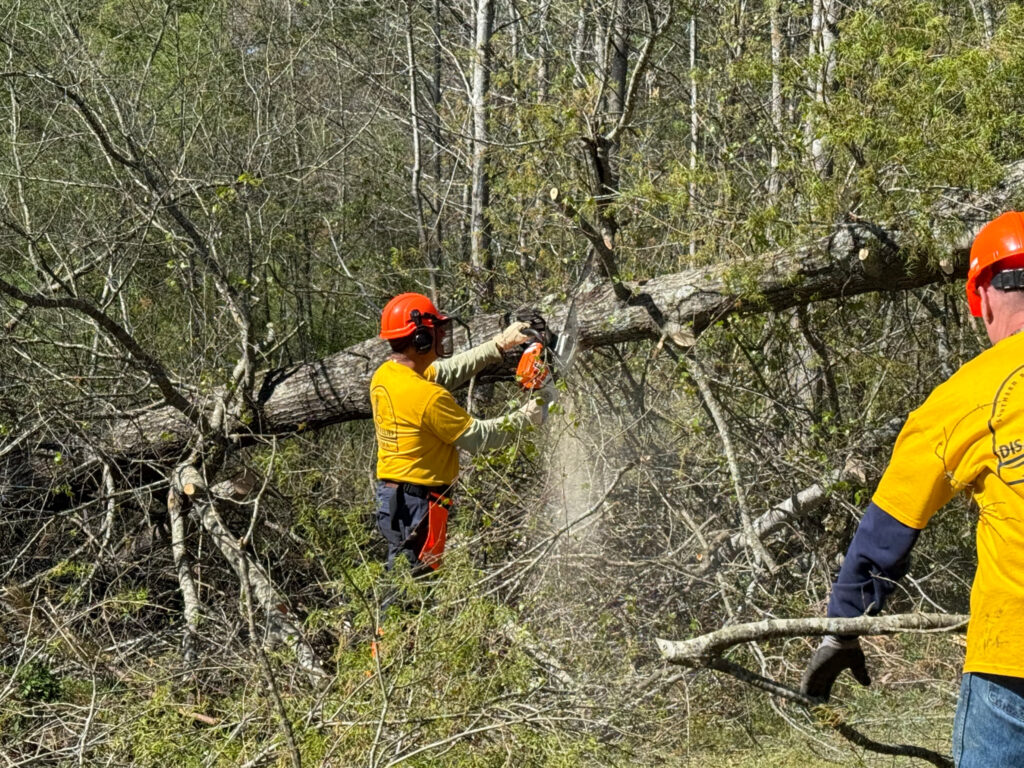Alabama law enforcement officials can confidently investigate and enforce the state’s anti-gambling laws and its ban on electronic bingo machines, said state Attorney General Luther Strange.
In a Jan. 7 memorandum to law enforcement personnel and district attorneys throughout the state, Strange emphasized that local officials should not hesitate to bring criminal and civil cases against those operating “so-called electronic bingo facilities.”
A November 2014 ruling by the Supreme Court of Alabama settles the law, Strange said. In its 9–0 ruling against the Houston County Economic Development Authority, the state court reiterated that “the game traditionally known as bingo is not one played by or within an electronic or computerized machine.”
State law holds that legal bingo must comply with the requirements set forth in 2009 in the state court’s ruling in the Cornerstone case, Strange said. Those requirements state each player must use one or more cards with spaces arranged in five columns and five rows with an alphanumeric or similar designation assigned to each space and that a player must be part of a group of players who compete against one another to be the first to achieve a properly marked card. In addition a player also must pay attention to the values announced, mark his or her card accordingly and call out “bingo” in order to win.
‘Does not comport’
“‘Electronic bingo’ does not comport with these requirements,” Strange said.
Because the state Supreme Court has consistently upheld the 2009 definition of bingo, Strange said local law enforcement officials “can be confident in pursuing criminal and civil enforcement against illegal gambling.”
“In some cases law enforcement has been hesitant to enforce Alabama’s anti-gambling laws due to their perceived lack of clarity in the law,” Strange said. “The purpose of my Jan. 7 memo is to clearly state … the law as upheld by the Alabama Supreme Court. ‘Electronic bingo’ in all its forms is illegal in Alabama.”
The state has often been at odds with county officials in enforcing the law against electronic bingo. For example raids at four separate casinos in Greene County in March 2014 were carried out through a joint effort by law enforcement agents from the attorney general’s office and the Alabama Department of Public Safety, according to a statement issued by the attorney general’s office. No mention was made of assistance from local law enforcement officials.
In a statement published in the Greene County Democrat in April 2014, Greene County District Judge Lillie Jones-Osborne said she had “never been a willing participant in the Greene County raids.” Jones-Osborne also stated she had denied search warrants sought by Strange’s office in January 2014 to raid the Greene County bingo halls and had only signed the warrants when ordered to by the Alabama Supreme Court.
According to reports, some of those facilities are back in operation and local officials show little interest in enforcing the state’s illegal gambling laws.
In October 2014 several media outlets reported that a Lowndes County bingo hall, Southern Star Entertainment Center in White Hall, was re-opening. Southern Star closed in 2012 after a raid by Strange’s office. During a telephone call Jan. 16, a staff member at White Hall’s City Hall said Southern Star is open.
In his January memo Strange encouraged local officials to reach out to the Alabama Law Enforcement Agency (ALEA), a newly formed agency that consolidates state law enforcement agencies and functions into one entity. The Alabama Department of Public Safety, the Alabama Department of Homeland Security and the Alabama Bureau of Investigation are among the 12 agencies realigned under the ALEA.
In a Jan. 13 response to Strange’s memo Gov. Robert Bentley commended Strange’s commitment to the enforcement of anti-gambling laws. However, Bentley emphasized that local law enforcement and district attorneys, not state agencies, should take the lead in investigation and enforcement.
“I agree that ALEA is a valuable resource, but their resources are limited,” Bentley wrote. “Local law enforcement holds the primary duty to investigate and enforce these laws.”
A Bentley spokesperson clarified that ALEA will assist local law enforcement upon request, but because of “limited resources and manpower,” ALEA cannot be the primary investigation unit.
Jennifer Ardis, Bentley’s communications director, wrote in an email, “The agency (ALEA) will assist local law enforcement upon request but cannot be the primary agency on illegal gambling investigations. That duty rests with the local law enforcement agencies.”
Strange said he will continue to reach out to local law enforcement to assist in investigating and prosecuting cases of illegal gambling.
“Armed with the Supreme Court’s definitive ruling against ‘electronic bingo,’ I plan to continue my outreach effort to local district attorneys and law enforcement,” Strange said. “I encourage law enforcement to contact ALEA if they need assistance in investigating and enforcing our laws.”







Share with others: